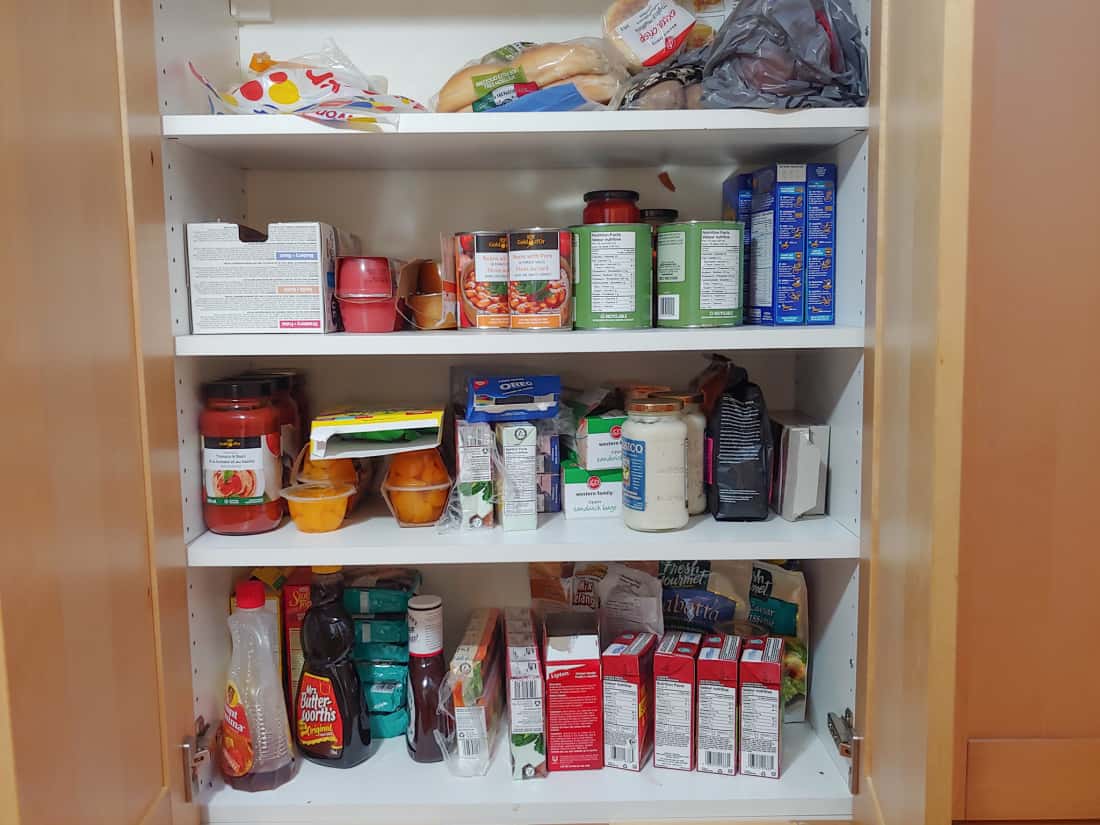
What do 1.3 million Ford Escapes, 400,000 African elephants and 48 Titanics have in common? The answer is that they weigh close to 2.2 million tonnes, which is equal to the amount of edible food wasted in Canada every year.
Food waste is detrimental economically, environmentally and socially, yet the issue is largely ignored. It is not just the physical food wasted, but all the resources, inputs and dollars put in to growing the food are wasted, too.
Household food waste costs Canadians about $17 billion per year. Yes, that is billion, with a B. Food wasted by Canadian households contributes 9.8 million tonnes of CO2 to the atmosphere per year, which is equivalent to that emitted by 2.1 million cars. Currently in Canada, there are over 4 million people that are food insecure. I could continue throwing statistics at you, but I think I’ve proven my point.
Food waste needs to be reduced, period. So why hasn’t it already? The truth is that people tend to ignore the problem. It’s easy to waste food when it’s convenient. It’s easy to turn a blind eye to food waste when everyone else around you does the same. Society’s attitude towards food waste is often indifferent and oblivious. It is in desperate need of an update.
Luckily, there are things you can do to help curb the waste. My goal is not to make you feel guilty or attacked. I’m simply offering suggestions on how you can do your part to make the food waste problem better.
There are a few obvious ways that I’m sure have been preached to you before — like only buy what you will eat, compost unavoidable waste like eggshells or spent coffee grounds or buy locally produced food for a lower carbon impact. These practices are clearly beneficial to your wallet and the environment.
However, I want to talk about food rescue, something you maybe haven’t heard about before. Food rescue is the process of taking edible food destined for waste and redistributing it to people in need.
In Saskatoon, there is a food rescue program called FoodRenew. Founded by four University of Saskatchewan alumni, FoodRenew has partnered with both businesses and recipient organizations in need of food donations.
They act as a delivery service, collecting food that would be otherwise wasted from businesses and dropping it off at organizations for those struggling with food insecurity to access. They have many partner businesses, such as Picaro, Una and Red Lobster. They are even partnered with the University of Saskatchewan Culinary Services.
Their recipients include organizations such as The Lighthouse Supported Living, Westside Community Centre and SaskNative Rentals Inc.
Food waste is a significant problem in Canada, yet it is severely overlooked. At the end of the day, reducing food waste is our responsibility and can help battle food insecurity. Not only will it help us save money, but it will help the environment and people in need as well.
Go to www.foodrenew.ca for more information or to volunteer to rescue food.
—
Erin Anderson
Photo: Erin Matthews/ Opinions Editor
Leave a Reply